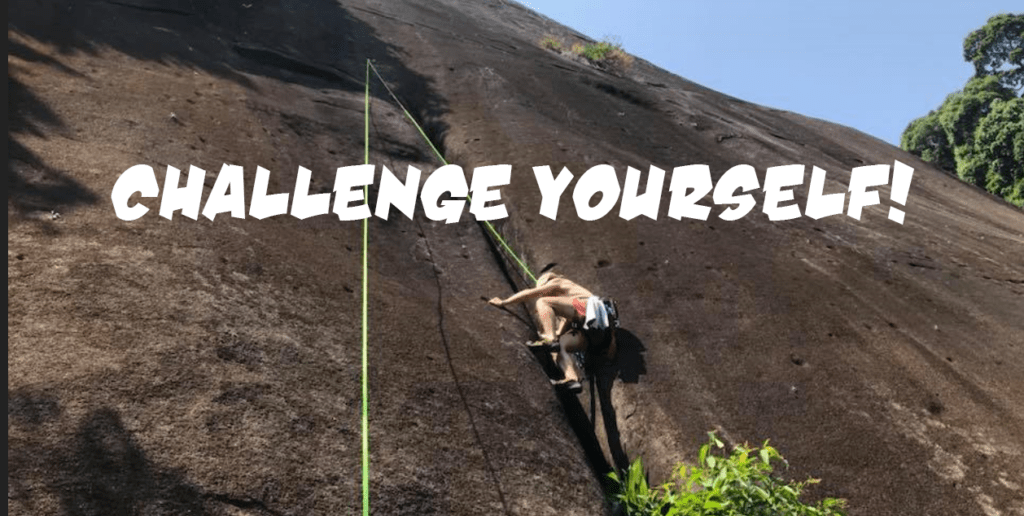
Paul was 24 when he joined a graduate program offered by a global investment bank in New York. Growing up in Turkey, he struggled with English and wondered why he was there, as his main job was collecting papers from printers. Without guidance or a structured work plan, he felt disconnected and, after two months, considered quitting and moving back home.
Every day, Paul stayed late. One evening at 11 p.m., a disgruntled senior banker stormed to his desk and screamed, “Where the f@*k is everyone?” Shocked, Paul stammered, “They went home.”
“F@*k,” said the banker. “What’s happened to this place? I need this financial model by 7 a.m. tomorrow!” He glared at Paul. “Can you do it, or will you waste my time?”
Paul had never done such a model, but said, “Yes, of course I can.”
When the banker handed him a massive stack of papers, Paul panicked. He started googling financial models for this specific client case. By 4:30 a.m., he thought he had it, but the balance sheet simply didn’t balance. Desperately, he tried to find the mistake, fell asleep, and was woken by colleagues arriving at 6:30 a.m.
By 7 a.m., he found the mistake. Full of anticipation, Paul awaited the senior banker, who showed up only in the afternoon at 3 p.m. and asked grumpily “Did you do it?” Paul nodded. “Send it via email,” the banker barked and walked off. Paul was puzzled. No comment, no discussion, no feedback … and at 11:30 p.m., having worked two days straight, he decided to go home.
Exhausted, Paul fell into bed when the banker called, instructing him to be at the airport by 5 a.m. to travel to Chicago to meet the client together. Despite his exhaustion, Paul couldn’t sleep and left for the airport at 3.30 a.m. The client meeting went well, and finally, on the third day at midnight, Paul got some sleep. He had worked 72 hours straight.
After this, his career took off, leading him to multiple global locations and renowned banks.
Sadly, for Moritz Erhard, a 21-year-old intern at Bank of America Merrill Lynch in London, this was not the case. The highly ambitious and well-liked young man collapsed in 2013 at home in his shower after working 72 hours straight. The cause of death was determined to be an epileptic seizure, likely triggered by extreme fatigue.
Paul and Moritz experienced what many young bankers go through, described internally as the “magic roundabout” … a process where a taxi takes interns home, waits while they shower and change, then drives them back to the office for another long day.

Alexandra Michel, a former investment banker and Professor at the University of Pennsylvania, conducted a fascinating nine-year study of bankers, starting with their entry into the banks. Her findings on how bankers handled 100-hour workweeks were startling.
During years 1-3, the bankers saw their bodies as an “object,” fuelled by adrenaline and youth, simply pushing them to work. From year 4 onward, this changed, as they began experiencing health problems and breakdowns, including chronic pain, insomnia, panic attacks, substance addictions, and digestive problems. At that stage, bankers saw their bodies as an enemy or “antagonist,” which needed to be conquered by all means.
However, after six years, driven by regular health issues, 40% of bankers began listening to and working with their bodies, a phase Michel described as seeing the body as a “subject.”
One banker summarized it this way. “When I was sick, I listened to my body. I saw that every activity has a cessation point. I had always pushed everyone beyond that point and things became unproductive. But I stopped forcing things. I stay open to how situations develop and yield to that.”
Michel found that bankers working with the body as “subject” improved their creativity and judgement (s.graph). They still worked crazy long hours, but now in a more sustainable, healthy and effective way.

Why am I telling this story?
Most of us aren’t facing the gruelling demands of investment bankers, but many of us get overwhelmed by 24/7 availability, never-ending emails, and impossible deadlines. At such times, we risk ignoring the signals our bodies are sending, which can lead to severe and permanent health issues.

My challenge today is simple. If you sense you’re overstretching your body, ignoring regular pains, lacking sleep, or showing increased irritability, take a step back and feel inside.
Listen to your body. Act on the issues. Rest when needed. Work with your body … not against it. Especially for us men, this can be difficult, but ignoring it will make things worse!
In this regard: What is your body saying to you right now …?

So true! Very good watched.
Thanks a lot Hans! Hope all is well on your side!